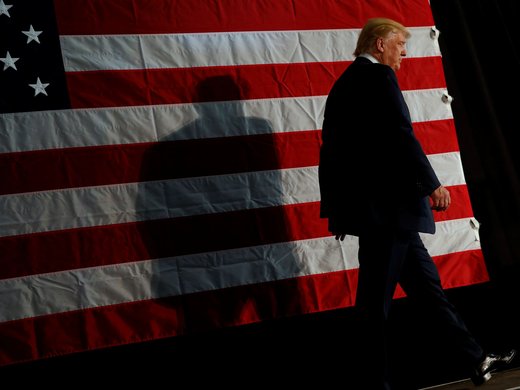Communications move farther, faster and at greater volumes than ever before in history. The internet, and the social media platforms and web applications running on it, have been used to mobilize pro-democracy protests and give members of marginalized communities a chance to share their voices with the world. More recently, however, we have also seen technology used to spread propaganda and misinformation, interfere in election campaigns, expose individuals to harassment and abuse, and stir up confusion, animosity and sometimes violence.
It is easy to say that governments should step in to control this space, but part of what helped the internet grow and thrive was its lack of heavy regulation, which encouraged openness and innovation. However, the absence of oversight has allowed dysfunction to spread, as maligned actors manipulate digital technology for their own ends without fear of the consequences. It has also allowed unprecedented power to be concentrated in the hands of private technology companies, enabling them to act as de facto regulators with little meaningful accountability. Who should be in charge of reversing the troubling developments in our global digital spaces? And what, if anything, can be done to let society keep reaping the benefits of these technologies, while protecting it against the risks?
These questions were at the root of an international working meeting organized by CIGI and the Global Digital Policy Incubator, in cooperation with the Department of Canadian Heritage, and held at Stanford University in March 2018. It brought together representatives from government, academia, technology companies and civil society to discuss potential governance options to deal with these complex global challenges. These conversations were informed by the essays that comprise this special report.
These essays focus on freedom of expression and new forms of state surveillance and censorship; how current regulatory documents conform to the International Covenant on Civil and Political Rights; the private sector’s role in preserving a healthy and diverse online environment and the current actions of, and recommendations for, major tech companies; and a commitment to the multi-stakeholder approach that is open, transparent and consensus-based.
The goal of this report and those involved in its formation is to enhance free expression, diversity and democracy at the same time as we protect human rights and encourage innovation. The contributions from the authors included in this report, offer a starting point for thinking about and discussing the best possible ways to get there.


